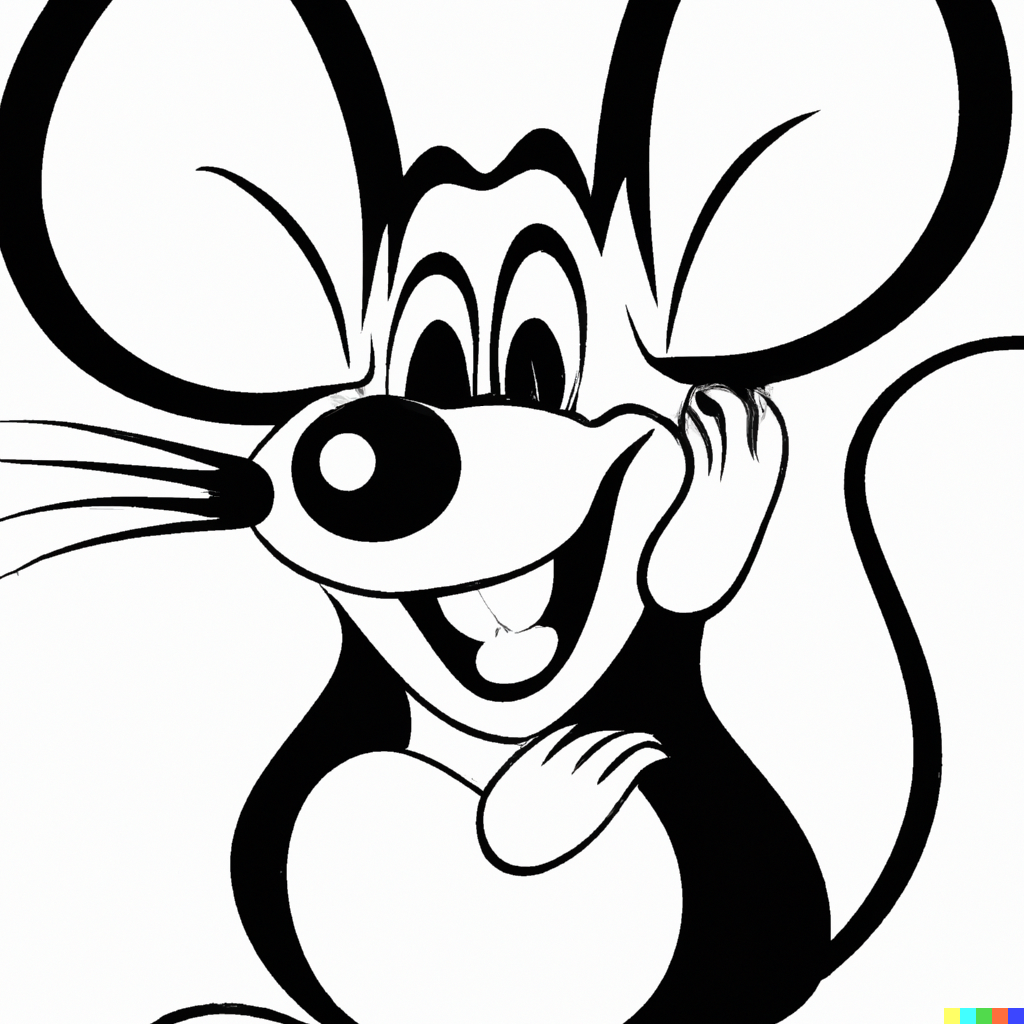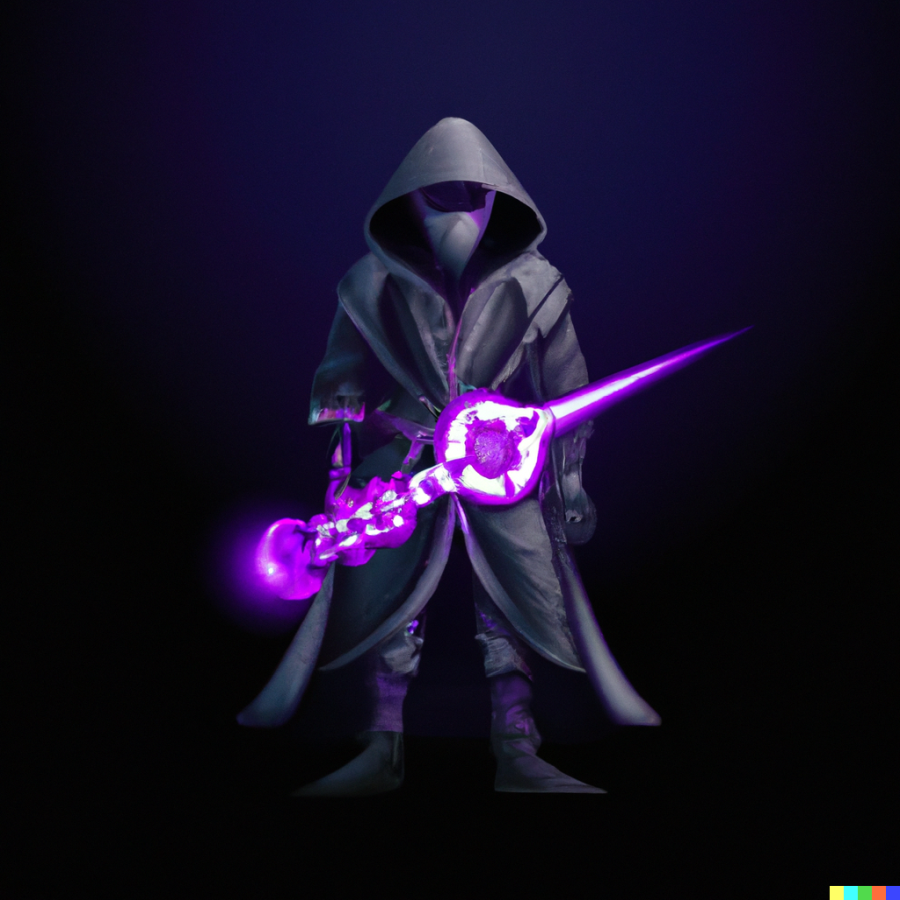Another U.S. decision that AI-generated art cannot be copyrighted — while acknowledging that there will be “challenging questions about how much human input is necessary to qualify the user of an AI system as an ‘author’ of a generated work, the scope of the protection obtained over the resultant image, how to assess the originality of AI-generated works where the systems may have been trained on unknown pre-existing works, how copyright might best be used to incentivize creative works involving AI, and more.”
Where this is going to get really interesting, I think, is when somebody uses AI to produce something with a striking resemblance to a certain M. Mouse, or D. Vader.


See above for two 30-second not-even-trying prompts that are arguably completely innocent, but get within striking distance of the Disney Zone.
Secondary infringement — when you “should” know that you’re infringing, even if the resemblance is innocent or coincidental — is going to be come much more pivotal.
But even secondary infringement in the Copyright Act presumes an author:
Copyright Act, III 27(1) – emphasis mine
- Secondary infringement(2) It is an infringement of copyright for any person to
a copy of a work, sound recording or fixation of a performer’s performance or of a communication signal that the person knows or should have known infringes copyright or would infringe copyright if it had been made in Canada by the person who made it.
- (a) sell or rent out,(b) distribute to such an extent as to affect prejudicially the owner of the copyright,(c) by way of trade distribute, expose or offer for sale or rental, or exhibit in public,(d) possess for the purpose of doing anything referred to in paragraphs (a) to (c), or(e) import into Canada for the purpose of doing anything referred to in paragraphs (a) to (c),
And/or prompts are going to become pivotal to prove primary infringement.
If AI can’t be an “author” and can still produce works that strongly resemble copyrighted work, I wonder if Compo Co. Ltd. v. Blue Crest Music et al. is going to become much more of a juggernaut in copyright law in Canada — precedence that producing something that violates copyright is itself copyright violation, even if you’re not the producer of the violating work. Even in Compo, the issue resided in the fact that the provider of the work, Canusa, _had_ violated copyright — which isn’t the case with AI.
It’s going to be an interesting decade for IP law…
*yes, of course it’s a reference. And yes, I know it’s not a Darth Vader mask. RIP Doom!